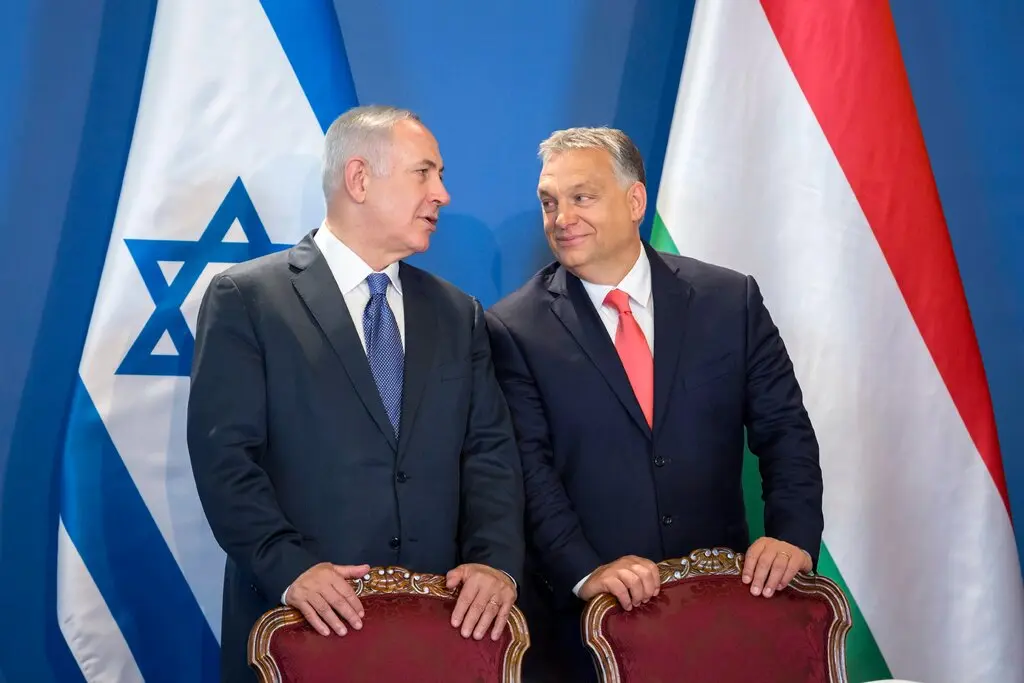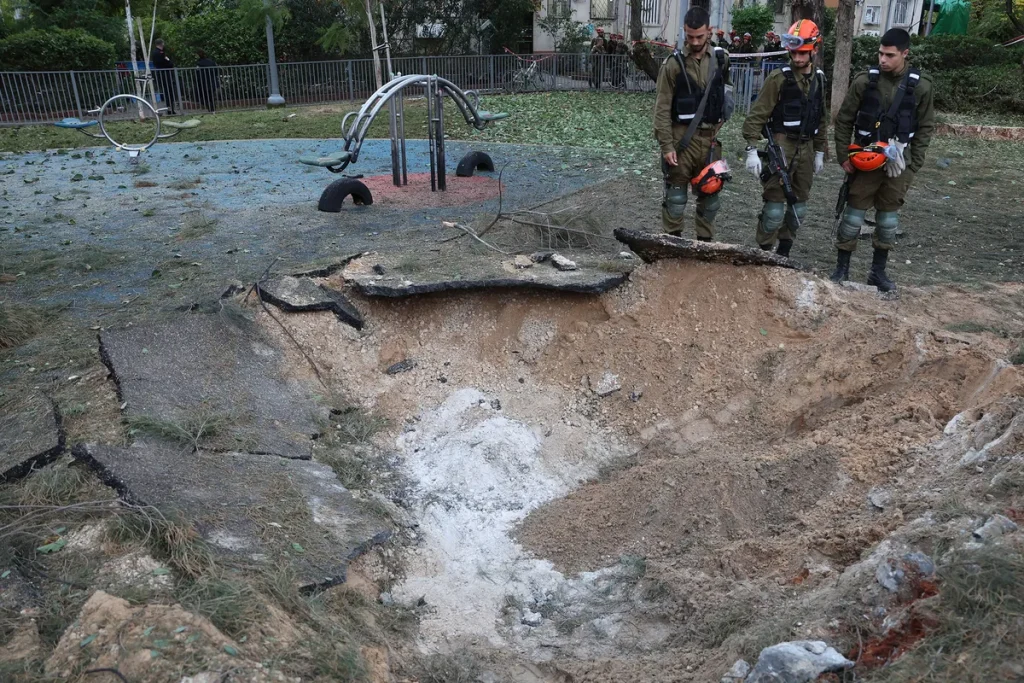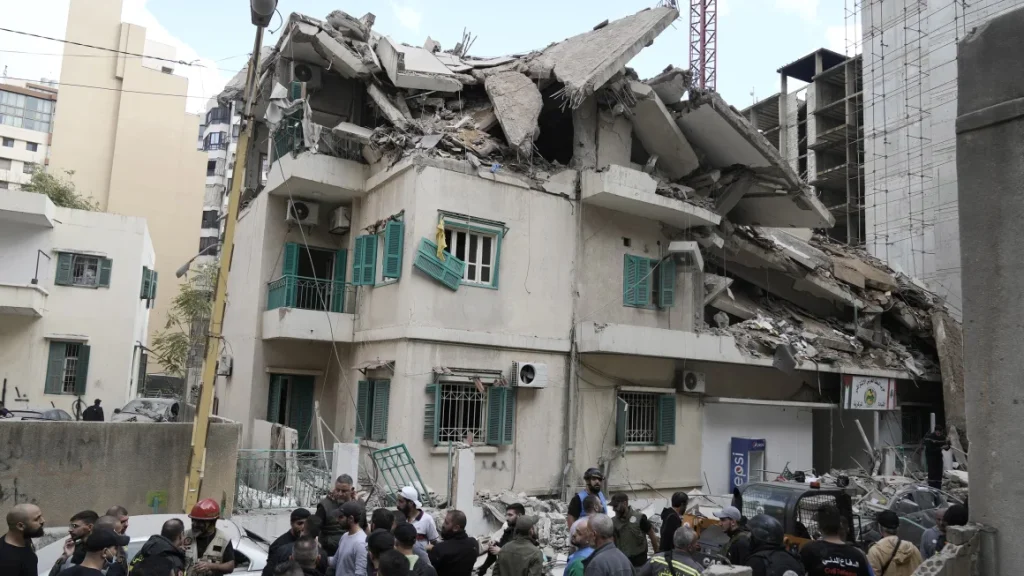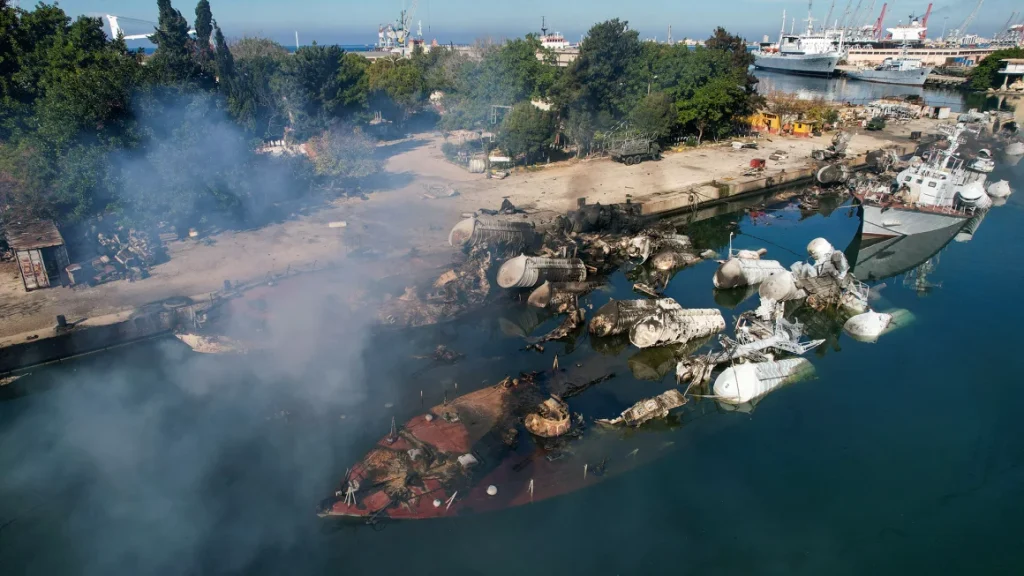Israel to appeal ‘absurd, baseless’ ICC arrest warrants for Netanyahu, Gallant
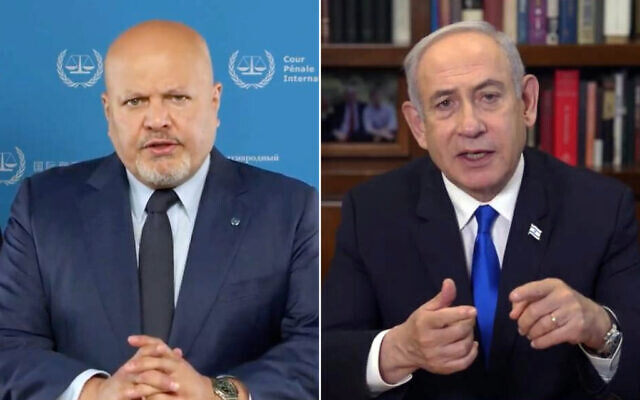
The ICC Arrest Warrants
On December 10, 2024, the International Criminal Court issued arrest warrants for Netanyahu and Gallant, accusing them of war crimes during their roles in military operations against Gaza. The ICC’s investigation stems from Israel’s military actions during previous escalations with Hamas and other militant groups, including the 2021 Gaza conflict and the 2024 Israeli airstrikes targeting Hamas infrastructure. The court claims that Netanyahu and Gallant, in their capacities as political and military leaders, were responsible for unlawful attacks on civilian infrastructure, disproportionate use of force, and other violations of international law.
The warrants are based on allegations that Israeli military actions, which included extensive airstrikes and artillery shelling, led to the deaths of hundreds of Palestinian civilians, the destruction of homes, schools, hospitals, and the displacement of thousands of people. The ICC’s decision to issue arrest warrants for two high-ranking officials in the Israeli government marks a significant escalation in its investigation into the conduct of both Israeli and Palestinian leaders during the conflict.
The ICC has long been a contentious issue for Israel, with the country not recognizing its jurisdiction over Israeli nationals. Israel has repeatedly argued that the ICC’s investigations into its military operations are politically motivated, accusing the court of being biased and unfairly targeting Israel while ignoring alleged violations committed by other parties in the conflict.
Israel’s Response: “Absurd and Baseless”
In response to the arrest warrants, Israeli officials have vehemently rejected the charges and vowed to challenge them in court. Prime Minister Netanyahu, who has been a central figure in Israeli politics for many years, described the ICC’s actions as “absurd and baseless.” He labeled the arrest warrants as part of a broader international campaign to delegitimize Israel and undermine its right to defend itself against terrorism.
Netanyahu emphasized that Israel’s military operations in Gaza were conducted under international law, with efforts to minimize civilian casualties and target only Hamas militants and their infrastructure. “The State of Israel has the right to defend itself, and we will not allow any foreign body to dictate how we protect our citizens,” Netanyahu said in a statement following the announcement of the warrants. He also accused the ICC of being politicized and biased against Israel, citing what he described as the court’s failure to investigate alleged war crimes committed by other nations, including those in Syria, Russia, and China.
Defense Minister Gallant also expressed his intention to fight the arrest warrants, dismissing the ICC’s charges as a “distraction” from the real issues at hand. Gallant, a former general in the Israeli military, argued that the actions taken by the Israeli government were in direct response to ongoing security threats from Hamas and other militant groups in Gaza. He emphasized that Israel’s defense operations are aimed at protecting Israeli civilians from rocket attacks and terrorism and that the country adheres to strict protocols to avoid harm to non-combatants in conflict zones.
The Israeli government’s response highlights the ongoing tension between Israel and international bodies that seek to hold it accountable for its actions in the Palestinian territories. Israel’s refusal to recognize the ICC’s jurisdiction is a central element of its legal defense, with officials asserting that the court does not have authority over Israeli nationals since Israel is not a signatory to the Rome Statute, the treaty that established the ICC.
The ICC’s Position
The ICC, however, maintains that it has the authority to investigate potential war crimes in any country, including Israel, if the country in question is a member of the United Nations or if the alleged crimes fall within its jurisdiction. The court argues that its mission is to pursue justice for victims of war crimes and that no individual, regardless of their position, is immune from accountability under international law.
In response to Israel’s objections, the ICC has defended its investigation into the Israeli government’s actions, stating that the arrest warrants for Netanyahu and Gallant were based on thorough legal analysis and evidence. The court has pointed to numerous reports from international human rights organizations and UN bodies that have condemned Israel’s military tactics, including the disproportionate use of force in densely populated areas like Gaza. The ICC argues that its role is not to take sides in the Israeli-Palestinian conflict but to ensure that all parties adhere to international standards of justice and human rights.
The Impact of the ICC’s Actions on Israeli Politics
The ICC’s decision to issue arrest warrants for two of Israel’s most senior political figures has created a complex political situation for the Israeli government. Netanyahu, already facing domestic political challenges, is now under additional international scrutiny, which could affect his leadership. Some political analysts suggest that the ICC’s actions could galvanize nationalist sentiments within Israel, leading to a rallying effect among citizens who feel that their country is being unjustly attacked by international institutions. Netanyahu’s government has already framed the ICC’s actions as part of a broader diplomatic effort to delegitimize Israel’s right to self-defense.
On the other hand, the charges have also sparked debate within Israel’s political landscape. Some opposition leaders and human rights organizations have called for greater accountability and transparency regarding Israel’s military operations, especially in Gaza. These critics argue that the growing international pressure on Israel, including the ICC’s actions, highlights the need for Israel to reassess its approach to military operations in Palestinian territories, particularly when it comes to minimizing civilian casualties.
Broader Implications for International Law and Israeli-Palestinian Relations
The ICC’s decision to issue arrest warrants for Netanyahu and Gallant is part of a broader effort to hold leaders accountable for war crimes committed during the Israeli-Palestinian conflict. This move has important implications not only for Israeli politics but also for the wider international community. The conflict in Gaza has long been a source of tension in international relations, and the ICC’s involvement signals a growing willingness to confront human rights abuses by any party involved, including Israel.
For Palestinians, the ICC’s actions offer a potential path toward justice for the thousands of civilians who have been killed or injured in the ongoing conflict. However, for many Israelis, the arrest warrants are seen as an unfair targeting of their leaders and a violation of Israel’s sovereignty. As both sides continue to clash over the legitimacy of the ICC’s role, the wider international community will likely continue to debate the effectiveness of the court in addressing complex, politically sensitive conflicts.
As Israel prepares to appeal the arrest warrants, the world watches closely to see how this legal battle will unfold and whether it will lead to a broader shift in international law’s approach to war crimes and accountability.



